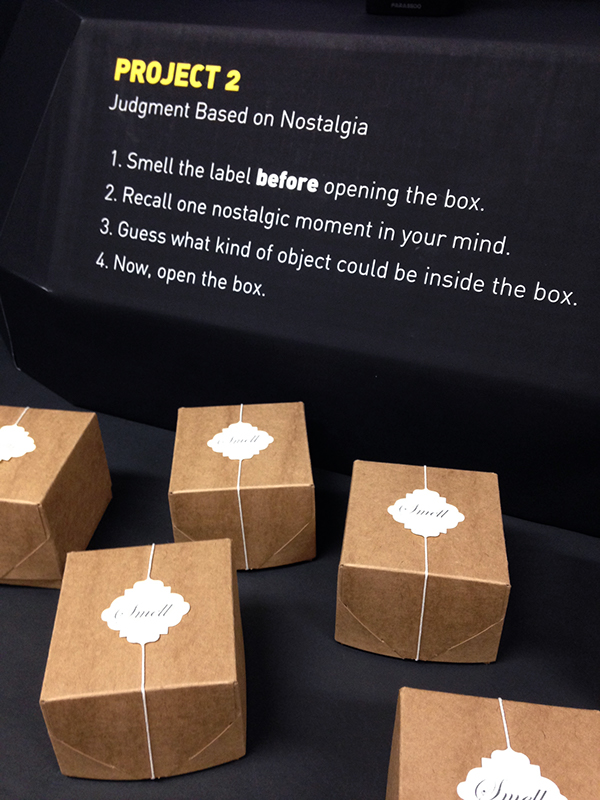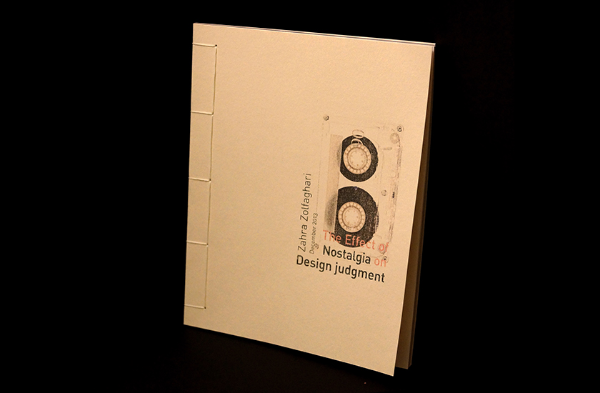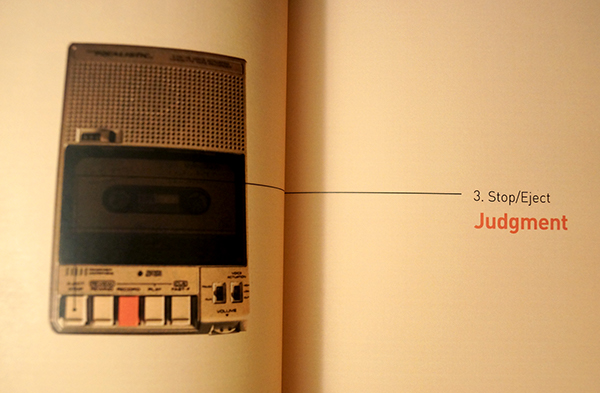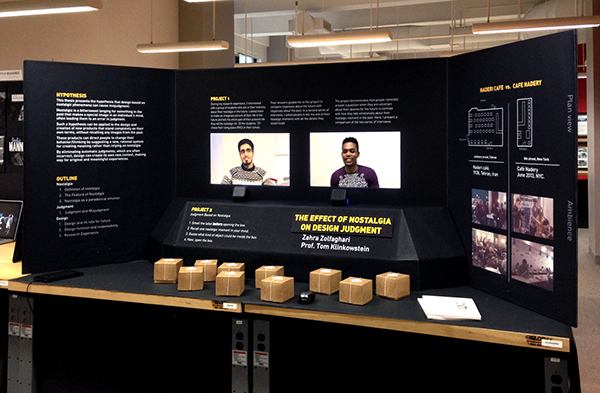Nostalgia
Design Research
Design based on nostalgic phenomena can cause misjudgment. Nostalgia is a bittersweet longing for something in the past that evokes a special image in an individual’s mind, often leading them to an error in judgment. Such a hypothesis can be applied to the design and creation of new products that stand completely on their own terms, without recalling any images from the past.Nostalgia-sensitive designs can direct people to change their behavior/thinking by suggesting a new, rational system for creating meaning rather than relying on nostalgia. By eliminating automatic judgments, which are often incorrect, design can create its own new context, making way for original and meaningful experiences.
The following research is my thesis for MS in communication design at Pratt Institute in 2014. I studied the influence of nostalgia on design.
Hypothesis
Project -- 1
I interviewed a group of students in their 20s about what they think they will be nostalgic about nostalgia in the future. I asked them to imagine their life in the future and tell me which part of their present life they will be nostalgic for. Of the students, 72% chose their living place (NYC) or their school. Their answers guided me to compare their responses about future nostalgia with responses about the past. In the second series of interviews, I asked people to tell me something they are nostalgic for, with all the details they could recall.
The project demonstrates how people rationally answer a question when they are uncertain about their desires for the future, in contrast with how they talk emotionally about the past. Here, I present a comparison of the two series of interviews.
Project -- 2

The project demonstrates how Judgment Based on Nostalgia leads people to unexpected reactions to products. I put 10 boxes on the table. On the box lead, there is a section that people can smell it. I ask them to recall one memory based on this smell. After that, they opened the box and found the product, which is completely unrelated to the smell.


